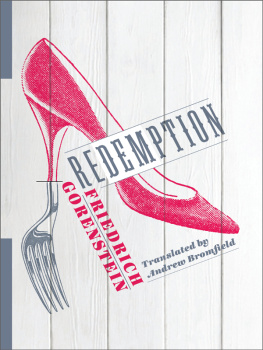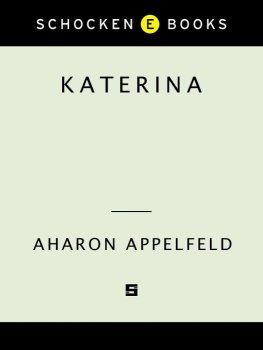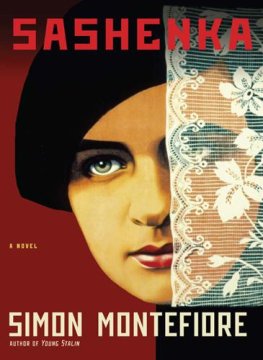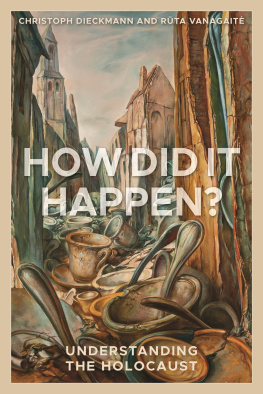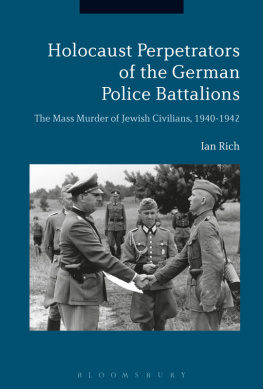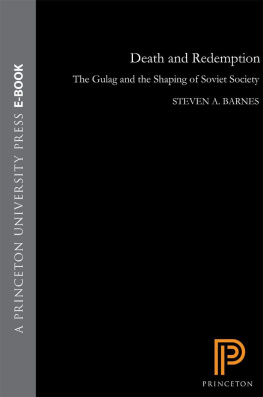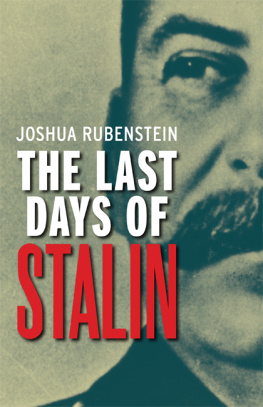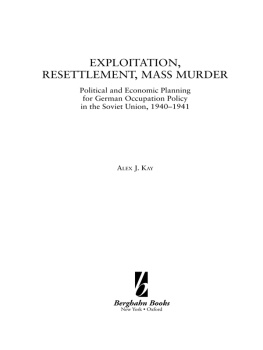Table of Contents
REDEMPTION
RUSSIAN LIBRARY
The Russian Library at Columbia University Press publishes an expansive selection of Russian literature in English translation, concentrating on works previously unavailable in English and those ripe for new translations. Works of premodern, modern, and contemporary literature are featured, including recent writing. The series seeks to demonstrate the breadth, surprising variety, and global importance of the Russian literary tradition and includes not only novels but also short stories, plays, poetry, memoirs, creative nonfiction, and works of mixed or fluid genre.
Editorial Board:
Vsevolod Bagno
Dmitry Bak
Rosamund Bartlett
Caryl Emerson
Peter B. Kaufman
Mark Lipovetsky
Oliver Ready
Stephanie Sandler
Between Dog and Wolf by Sasha Sokolov, translated by Alexander Boguslawski
Strolls with Pushkin by Andrei Sinyavsky, translated by Catharine Theimer Nepomnyashchy and Slava I. Yastremski
Fourteen Little Red Huts and Other Plays by Andrei Platonov, translated by Robert Chandler, Jesse Irwin, and Susan Larsen
Rapture: A Novel by Iliazd, translated by Thomas J. Kitson
City Folk and Country Folk by Sofia Khvoshchinskaya, translated by Nora Seligman Favorov
Writings from the Golden Age of Russian Poetry by Konstantin Batyushkov, presented and translated by Peter France
Found Life: Poems, Stories, Comics, a Play, and an Interview by Linor Goralik, edited by Ainsley Morse, Maria Vassileva, and Maya Vinokur
Sisters of the Cross by Alexei Remizov, translated by Roger John Keys and Brian Murphy
Sentimental Tales by Mikhail Zoshchenko, translated by Boris Dralyuk
Published with the support of Read Russia, Inc., and the Institute of Literary Translation, Russia
Columbia University Press
Publishers Since 1893
New York Chichester, West Sussex
cup.columbia.edu
Translation copyright 2018 Andrew Bromfield
All rights reserved
E-ISBN 978-0-231-54602-7
Library of Congress Cataloging-in-Publication Data
Names: Gorenshtein, Fridrikh, 1932-2002, author. | Bromfield, Andrew, translator.
Title: Redemption / Friedrich Gorenstein; translated by Andrew Bromfield.
Other titles: Iskuplenie. English
Description: New York: Columbia University Press, 2018. | Series: Russian library
Identifiers: LCCN 2018011861 (print) | LCCN 2018017111 (ebook) | ISBN 9780231546027 (electronic) | ISBN 9780231185141 (cloth: alk. paper) | ISBN 9780231185158 (pbk.)
Subjects: | LCGFT: Psychological fiction.
Classification: LCC PG3481.2.R45 (ebook) | LCC PG3481.2.R45 I713 2018 (print) | DDC 891.73/44dc23
LC record available at https://lccn.loc.gov/2018011861
A Columbia University Press E-book.
CUP would be pleased to hear about your reading experience with this e-book at .
Cover design: Roberto de Vicq de Cumptich
Book design: Lisa Hamm
CONTENTS
by Emil Draitser
H emingways pronouncement about an unhappy childhood as the best early training for a writer is especially true for Friedrich Gorenstein. In fact, to call his childhood merely unhappy is a gross understatement. Gorenstein grew up during the time of two evil historical forces, which deeply affected him and left indelible marks on his character and his outlook. His tragic early life experience informed his future writing. Born in 1932 in Kiev, Ukraine, Friedrich was only three years old when his father, a professor of political economy, fell victim to Stalins Great Terror. Arrested by the NKVD (the Peoples Commissariat for Internal Affairs, the secret police) and sent to one of the Far East hard-labor camps, two years later he was sentenced to death and shot.
This development had a devastating effect on Gorensteins family, now the subjects of deprivation and further persecution, and pigeonholed as the family of an enemy of the people. Gorensteins mother, Enna Abramovna Prilutskaya, a teacher by training, did everything she could to hide from the watchful eyes of the secret police. First, she changed her surname from her husbands back to her maiden name. She also managed to replace her sons papers, not only changing his surname to hers but also giving him the name Felix instead of Friedrich. Ironically, in the spirit of the time, she and her husband, both ardent believers in the bright future of Communist ideas, had given their son the name in honor of the coauthor of The Communist Manifesto, Friedrich Engels. Later on, as an adult, Gorenstein restored both his given name and his fathers surname.
In addition, to distance herself and her son from the watchful eyes of the NKVD, Enna Abramovna escaped from Kiev with three-year-old Friedrich. She took refuge in Berdichev, Ukraine, where she and her husband had been born. Jobless for several years, she had no place of her own, and moved from one relatives or acquaintances home to another.
Friedrich was only nine when, on June 22, 1941, the military forces of Nazi Germany, together with their allies, broke the notorious Molotov-Ribbentrop nonaggression pact. In the largest German military operation of World War II, code-named Operation Barbarossa, they crossed the Soviet border on a wide front stretching from the Black Sea in the south to the Baltic Sea in the north.
The attack took the Soviet forces by surprise and was thus highly successful. Stalin infamously treated information about a mortal danger to the country as fake news for months, dismissing numerous reports from the Western press as well as from Soviet intelligence about the high concentration of Wehrmacht troops and armament along a broad stretch of the countrys western border. The Soviet dictator treated such reports as malicious disinformation and provocation aimed at breaking up the friendship between the peoples of Germany and the Soviet Union.
In the first few hours of the invasion, Luftwaffe planes bombed major Soviet cities. A significant part of the Soviet air force was destroyed on the ground. Unprepared, lacking any direction from high command, the Soviet armies were overwhelmed and retreated en masse. Around four million Soviet soldiers were encircled and captured.
The sudden attack had a devastating effect on the civilian population in general, and on Jews in particular. One of the main reasons for this was that the Soviets blocked information regarding the true intentions of the German troops. After Hitler had come to power and before the signing of the German-Soviet pact of 1939, the policy of the USSR was anti-Nazi. The government produced antifascist films and published books critical of the Nazis handling of the German Jews. After the pogroms of Kristallnacht in November 1938, an antifascist rally was organized in Moscow, where the director of the State Jewish Theater, Solomon Mikhoels, spoke.
However, in less than a year, Hitler and Stalin, yesterdays ideological enemies, became allies and partners in the seizure of neighboring countries. The Molotov-Ribbentrop pact was signed a week before the outbreak of World War II. Poland was divided, and Hitler seized the countries of Europe one after another. In the occupied territories, especially in Poland, severe persecution of Jews began. Their property was seized, and they were driven into Nazi-organized ghettos.

